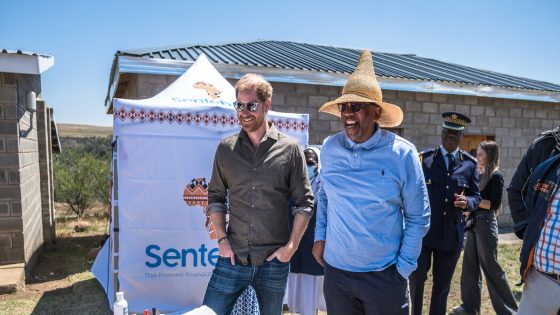On March 26, 2025, Prince Harry announced his resignation as the patron of Sentebale, a charity he founded in southern Africa. This decision was made in response to a breakdown in relations between the charity’s board of trustees and its chair, leading to the resignation of five out of nine trustees.
- Prince Harry resigns from Sentebale charity.
- Conflict between charity board and chair.
- Five trustees resigned over leadership issues.
- Sentebale supports communities affected by HIV.
- Legal dispute over board chair's position.
- Charity's mission includes addressing social issues.
Sentebale was established in 2006 by Prince Harry and Prince Seeiso of Lesotho to provide support for communities impacted by the HIV pandemic. The charity, named in honor of Harry’s mother, Diana, Princess of Wales, has expanded its focus to include issues like substance abuse and gender-based violence among youth. Recently, the organization faced significant internal strife, culminating in the resignation of five trustees who expressed a loss of trust in the board chair, Sophie Chandauka.
The resigning trustees stated that they had requested Chandauka’s resignation but faced legal action from her in response. They decided to step down to prevent the charity from incurring legal costs associated with the dispute. Their statement indicated that the situation had become untenable, and they felt compelled to act in the best interest of Sentebale’s beneficiaries.
In their joint statement, Prince Harry and Prince Seeiso expressed their shock and disappointment over the breakdown of relationships within the charity. They emphasized their ongoing commitment to the charity’s work and indicated plans to communicate their concerns to the Charity Commission. The turmoil within Sentebale highlights the challenges faced by organizations in maintaining governance and trust among their leadership.
Prince Harry’s resignation from Sentebale marks a significant moment for the charity, which has played a crucial role in supporting vulnerable communities in southern Africa. The internal conflicts raise questions about governance and leadership within charitable organizations, underscoring the importance of trust and collaboration in achieving their missions.

































